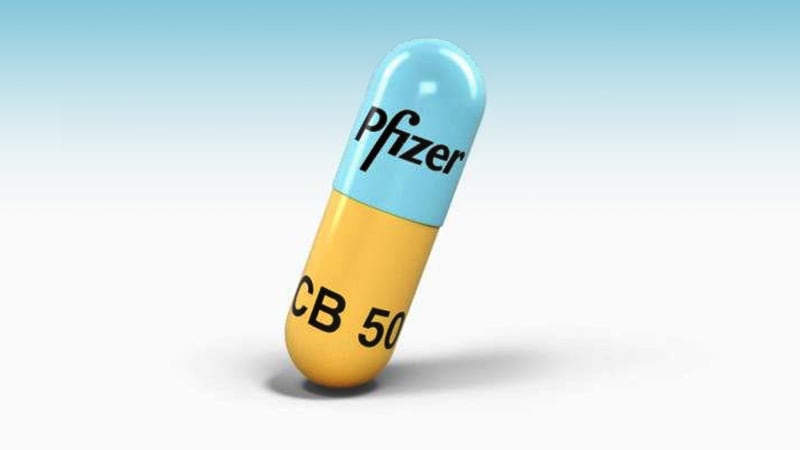[ad_1]
TOPLINE:
Ritlecitinib demonstrates long-term improvements in regrowth of scalp hair, eyebrows, and eyelashes at 24 months in adults and adolescents with alopecia areata (AA) and ≥ 25% scalp hair loss.
METHODOLOGY:
- Researchers evaluated outcomes in 449 de novo adult and adolescent patients (mean age, 32.9 years) with AA and ≥ 25% scalp hair loss, enrolled in ALLEGRO-LT, an ongoing, open-label, phase 3 study evaluating long-term safety and efficacy of ritlecitinib, approved in 2023 for people with severe AA aged 12 years or older.
- Patients received ritlecitinib 200 mg daily for 4 weeks followed by 50 mg once daily (QD).
- The primary objective was to evaluate the safety and efficacy of ritlecitinib at 24 months; secondary endpoints included responses at month 24 based on the Severity of Alopecia Tool (SALT) score ≤ 20, SALT score ≤ 10, Patient Global Impression of Change (PGI-C) score improvements, and eyebrow and eyelash assessments.
- The mean duration of treatment was 728.7 days.
TAKEAWAY:
- Of the 336 patients with observed data at month 24, 73.5% achieved a SALT score ≤ 20, and 66.4% achieved a SALT score ≤ 10; those with scalp hair loss between 25% and 50% showed the highest improvements, as measured by SALT ≤ 20 (94.6%) and SALT ≤ 10 (84.8%) responses.
- At month 24, 82.4% of patients felt “moderately” or “greatly” improved from baseline based on PGI-C scores. Among those with abnormal eyebrow and eyelash scores, 60.8% and 65.7% demonstrated ≥ 2-grade eyebrow and eyelash improvements from baseline, respectively.
- Of the 447 patients included in the safety analysis, 86.1% experienced adverse events (AEs); the most common were positive severe acute respiratory syndrome coronavirus 2 tests (24.2%), headaches (20.8%), and pyrexia (13.0%); 6.5% discontinued treatment because of AEs.
- Most AEs (94%) were mild to moderate. Serious AEs occurred in 4.9% of patients and serious infections in 0.9%; one death from breast cancer was reported. Other AEs reported were herpes zoster (1.3%), herpes simplex (2.7%), and major adverse cardiovascular events (0.7%).
IN PRACTICE:
“Long-term treatment with ritlecitinib 50 mg QD (with a 200-mg loading dose) was efficacious and well tolerated in adults and adolescents with AA [alopecia areata] and scalp hair loss ≥ 25%. Efficacy was observed in all subgroups based on baseline scalp hair loss, including patients with AT [alopecia totalis] and AU [alopecia universalis], with the highest treatment response observed in patients with 25%-50% scalp hair loss,” the authors of the study wrote.
SOURCE:
This study was led by Christos Tziotzios, MD, St John’s Institute of Dermatology, King’s College London, London, England. It was published online on January 23, 2025, in the Journal of the European Academy of Dermatology and Venereology.
LIMITATIONS:
Limitations included the open-label design and lack of a placebo control group. Small patient numbers in individual SALT category subgroups limited efficacy comparisons between baseline SALT categories.
DISCLOSURES:
This study was funded by Pfizer. Tziotzios disclosed being a speaker for LEO Pharma and being a principal and chief investigator and a consultant for Pfizer. Six authors are employees of and hold stock or stock options in Pfizer. Additional disclosures are noted in the original article.
This article was created using several editorial tools, including AI, as part of the process. Human editors reviewed this content before publication.
[ad_2]
Source link : https://www.medscape.com/viewarticle/ritlecitinib-shows-long-term-benefits-alopecia-areata-2025a10002wo?src=rss
Author :
Publish date : 2025-02-06 05:26:35
Copyright for syndicated content belongs to the linked Source.
